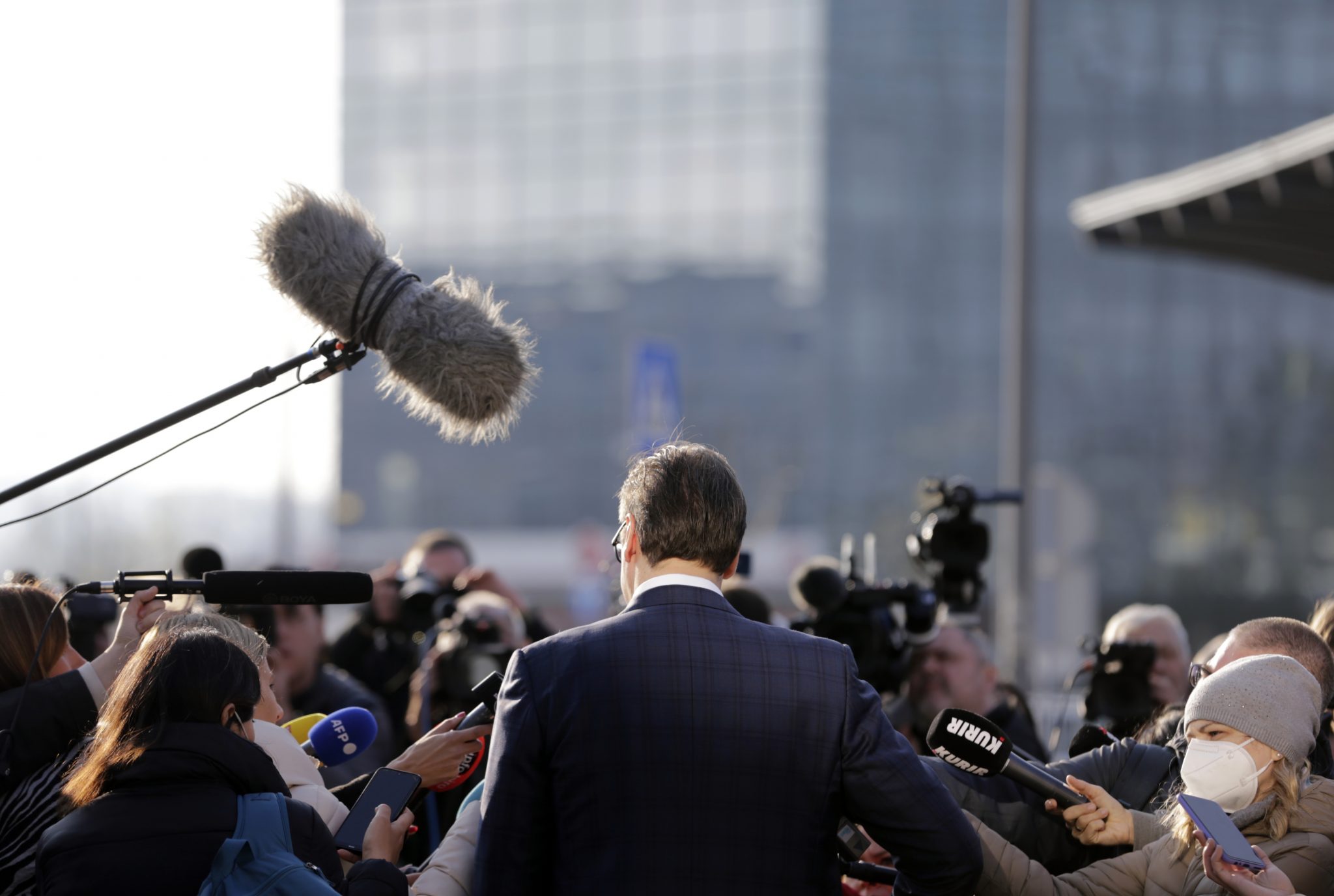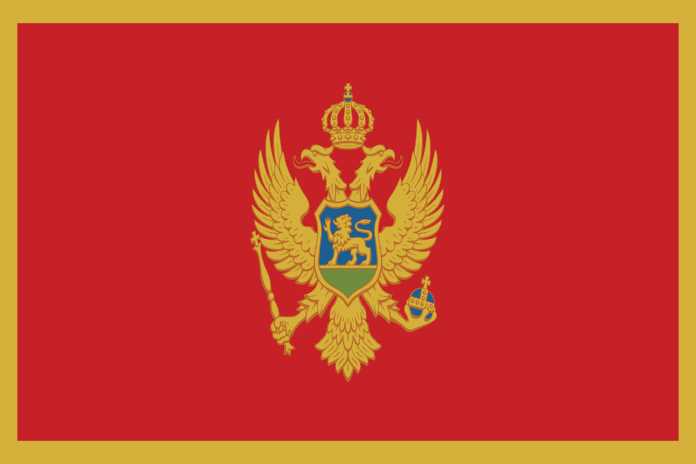Political Influence Continues to Hinder Media Freedom in the Balkans: A Report

Political pressure on the media continues to be a persistent issue in the Balkans, affecting both EU member states and those seeking accession, as highlighted in a recent report by the Brussels-based independent organization, the Balkan Free Media Initiative, released on Wednesday.
The BFMI report, titled ‘The Invisible Hand of Media Censorship in the Balkans’, indicates that the media landscape in Southeast Europe is undergoing significant upheaval.
“The new European Media Freedom Act (EMFA) is insufficient in the Balkans, recognized as one of the most difficult regions for media independence in Europe. Concerns exist regarding the commitment and capacity of national regulators to properly apply the Act’s provisions, and the Act itself requires enhancement to achieve Brussels’ noble objectives for improved media freedom,” the report asserts.
Antoinette Nikolova, the director of BFMI, points out that problematic media ownership linked to political interests and state censorship are widespread in the region.
“If the Balkans falter, Europe suffers as well. The region occupies a critical geographic position and serves as a crossroads of influence. Russia extends its reach not only through the Balkans but also through figures such as Hungarian PM Viktor Orban, who wields media power in Slovenia, North Macedonia, and other regions,” Nikolova informed BIRN.
In Bulgaria, the report mentions gradual advancements in the media environment alongside minimal censorship, yet challenges persist as the nation undergoes its seventh election within three years.
“The prior dominance of the Citizens for European Development of Bulgaria party (GERB) has been supplanted by a series of caretaker governments, enabling editors and journalists greater freedom in their reporting,” the report notes.
“As Bulgaria maneuvers through this intricate media landscape, its capacity to withstand political and external pressures will be vital to maintaining media freedom,” it adds.
Greece ranks the lowest among EU countries regarding its media environment, with ongoing threats to journalists, according to the report.
“The media landscape in Greece is characterized by a disturbing intersection of politically connected business leaders, frequently known as Greece’s oligarchs, political figures, and media service providers, resulting in a complex scenario where media freedom is under considerable strain,” it warns.
Kyriakos Mitsotakis’s government, re-elected in 2023, faces the challenge of aligning national laws with the EMFA.
“It is essential to enforce strong provisions for media pluralism and editorial independence to sever the link between owners’ interests and media operations. However, the existing regulations in Greece have not effectively tackled this issue, and the EMFA itself falls short in this aspect,” the report mentions.
In Serbia, the situation regarding media is particularly alarming, especially due to its impact on other Serbian-speaking communities across the Balkans, including Montenegro and Bosnia and Herzegovina.
Nikolova expressed concern that media freedom in Serbia has sharply declined.
“The national media laws enacted in 2023 have augmented state control over the media. Even though Serbia has been a candidate for EU membership for over a decade, the current administration has employed tactics to evade compliance with European Union commitments. They selectively implement agreements, effectively playing a double game,” Nikolova remarked.
As a candidate nation, the report emphasizes that Serbia needs to align with European benchmarks regarding competition, governance, the rule of law, and media, including adherence to the EMFA.
“The ruling Serbian Progressive Party (SNS) has tightened its grip on power, creating a media environment dominated by pro-government outlets that frequently propagate pro-Kremlin misinformation and exacerbate ethnic tensions, with effects reverberating throughout the region. Absent significant progress in media freedom, the country risks descending further into authoritarianism, threatening democracy and stability across the region,” the report cautions.
In Montenegro, the report asserts that mainstream media outlets predominantly support either the ruling Europe Now! party or the major opposition force, the Democratic Party of Socialists (DPS).
“With both parties ideologically aligned on the goal of EU accession for Montenegro, anti-EU narratives are conspicuously less present in the mainstream media compared to Serbia. However, Serbian influence remains entrenched in the Montenegrin media landscape, with many outlets continuing to promote pro-Serbian viewpoints,” the report observes.
Nikolova noted that the growing political and financial sway of Serbian media outlets and owners in Montenegro complicates local attempts to ensure media diversity and independence.
“Enhancing regulatory oversight and ensuring equitable resource distribution are essential for compliance with the EMFA as well as broader EU directives and the overarching aim of protecting media freedom within the country,” she added.
In Bosnia and Herzegovina, the report highlights that the media landscape suffers from insufficient support due to the nation’s complex regulatory framework as well as the stipulations of the EMFA.
“There has been a substantial degradation of protections for journalists, and a European Commission report indicates a ‘backsliding’ of media freedom in Bosnia and Herzegovina,” the report concludes.
In Bosnia’s majority-Serb region, Republika Srpska, the media landscape is heavily constrained by political influences. A significant development noted occurred in August 2023 when Republika Srpska President Milorad Dodik enacted a decree that criminalizes defamation.
“The primary challenge for the EMFA in Serbia, Bosnia and Herzegovina, and Montenegro is that its provisions are not directly linked to their EU accession,” Nikolova summarized.


